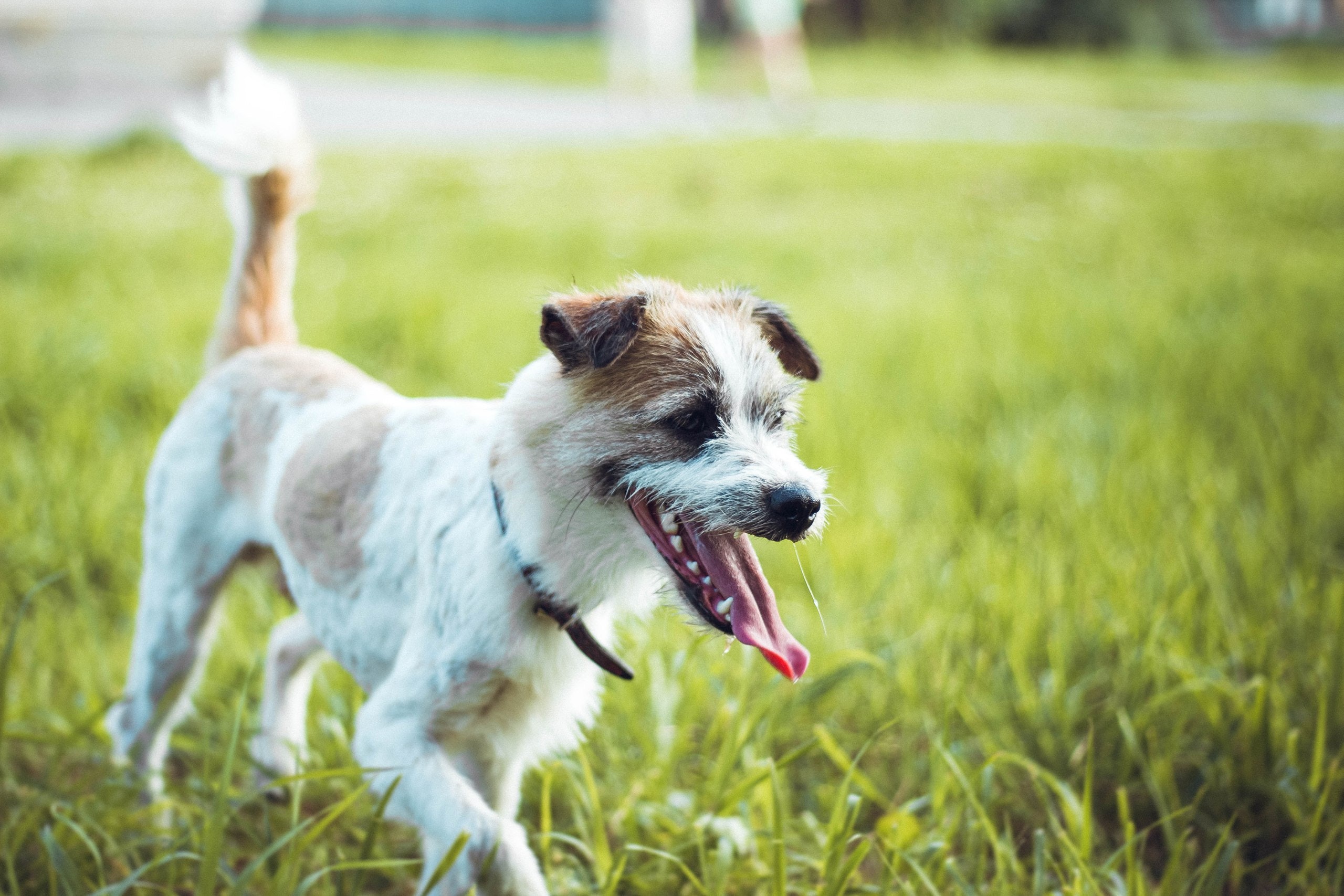
Age and bladder capacity
Puppies have small bladders, and their ability to hold urine is limited. Younger puppies, especially those under six months, may need to relieve themselves more frequently. As they grow older and their bladder capacity increases, their need to pee will decrease. However, remember that every puppy is different; some may take longer to develop bladder control than others.
Incomplete house training
Accidents are a normal part of the house training process, and it takes time and consistency to teach your puppy where they should go potty. If your puppy is peeing often, it could be a sign that their house training is incomplete. Ensure you follow a structured training routine and reward your puppy for going to the appropriate spot. With patience and consistency, your puppy will learn to hold their bladder and ask to go outside.
Medical issues
Excessive peeing could also be a symptom of an underlying medical condition. Urinary tract infections, bladder stones, diabetes, and kidney problems can all cause increased urination in puppies. If you notice other signs such as frequent drinking, accidents indoors despite consistent training or blood in the urine, it’s essential to consult your veterinarian. They can thoroughly examine and run tests to identify and treat potential health issues.
Empathy is critical during this process. Remember that your puppy is still learning and adjusting to their new surroundings. They don’t want to disappoint you by having accidents indoors. Instead of getting frustrated, be patient and understanding. Yelling or punishing your puppy will only create fear and anxiety, making house training more challenging.
To address excessive peeing, ensure you have a consistent routine in place. Take your puppy outside frequently, especially after meals, naps, and playtime. Pay attention to their body language to learn their cues for when they need to go potty. Use positive reinforcement, such as praise and treats, to reward your puppy for going to the right place.
If accidents happen, clean them up thoroughly using pet-friendly cleaners to remove any lingering scent. Avoid using ammonia-based cleaners, as they may encourage your puppy to pee in the same spot again. Consider using puppy pads or creating a designated indoor potty area if you live in an apartment or have limited access to outdoor spaces.
In conclusion, excessive peeing in puppies can be caused by age, incomplete house training, or underlying medical issues. By understanding the possible reasons behind your puppy’s behavior and implementing a consistent training routine, you can help them develop proper bladder control. Remember to be patient and empathetic throughout the process, and consult your veterinarian if you suspect any medical problems. Your puppy will become a well-trained and well-behaved family member with time, patience, and love.
[/fusion_text]

